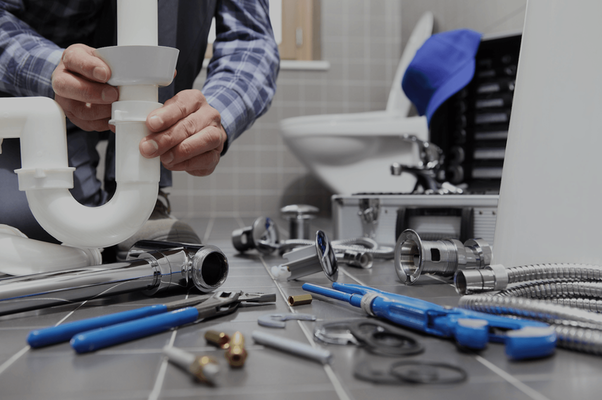
The Advantages Of Switching To A Tankless Water Heater
Thinking about a water heater upgrade or installing one in a new home? You might want to consider using a tankless water heater. That’s right, a water heater that does just that — heats the water and sends it on its way to you. Before we get into why a tankless water heater should be in your future, here’s a primer.
How Tankless Water Heaters Work
Unlike conventional water heaters, a tankless water heater (also known as an on-demand or instantaneous water heater) heats water directly without the need for storing it first. Thanks to a flow sensing device that activates whenever a hot water tap is opened, the unit heats the water with either a gas burner or electric element. It then sends the water wherever it is needed. When the hot water tap is closed the unit senses this and shuts off the heating source.
5 Main Benefits Of A Tankless Water Heater
1. Energy Efficiency
Your energy bills will be significantly lower with a tankless water heater. This is because they only heat the water required at the time it's needed as opposed to keeping an entire tank of water constantly heated.
Specifically, tankless water heaters are 24% to 34% more efficient in smaller homes or those using less than 41 gallons of water daily. Also, because of their compact size, in larger homes, tankless water heaters can be installed near to where the hot water is being used, meaning one heater doesn’t need to heat water for the entire home. For example, the kitchen and bathroom can have their own dedicated tankless water heater, allowing a significant saving for homeowners.
2. Extended Life Expectancy
Tankless water heaters have double the life expectancy of standard storage water heaters that last around a decade at best. So, while a tankless water heater is more expensive than a tanked one, the saving soon mount up. If a homeowner plans to stay put for a while they will save money with both of the cost of running and replacing a conventional storage water heater with a tankless one.
3. Immediate Hot Water
You know the routine, run the shower and then go and do something else while the water warms up. With a tankless water heater, piping hot H20 is available in a fraction of the time it takes a conventional water heater to send water from the main tank to you. This is especially true if the tankless heater is placed close to where it’s needed. Also, because a tankless heater can continually keep heating the water running through it, there is no chance of running out of hot water, as with a conventional tanked heater, even if multiple hot water outlets are being run simultaneously.
4. Saving Space
The average size of a conventional storage water heater is 60” by 24”. They usually occupy a closet, taking up valuable space. Conversely, some tankless water heaters are not much larger than a shoebox and can conveniently be placed on a wall in a room where the water is being used. With house prices rising and residential square footage at a premium, this frees up precious space for a closet or storage. House flippers and homeowners get more bang for their buck by creating more livable square footage in the home.
5. Increased Safety
When a conventional stored water heater is at the end of its life it’s not uncommon for them to start leaking or in some cases even explode. This can not only cause considerable damage to your home but is a potential safety hazard as well. There’s also the added hassle of bringing a large water tank in and out of your home. It’s usually a two-person endeavor, navigating hallways and stairs, trying not to damage walls and banisters as they go. Removing a large water heater, especially if it has leaked or exploded can also be a messy affair. A tankless water heater, however, can be carried in under the arm of the plumber who is installing it. If it does happen to leak, the potential for water damage is far less significant than with a larger tanked heater.
Conclusion
Although the initial purchase price of a tankless heater is more than a storage heater, the savings add up with energy costs, water usage, and over time replacement costs. Factor in the space saved with a tankless heater and it is the prudent way to go.





